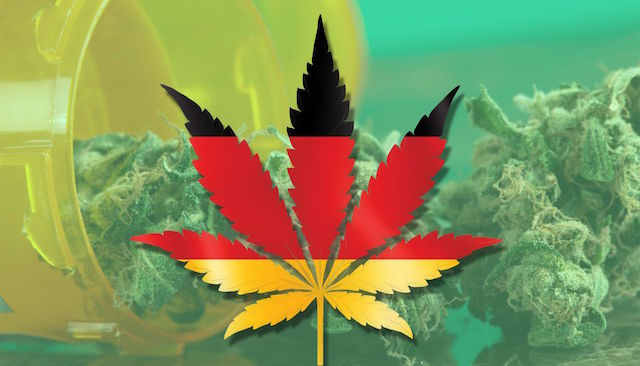The German Model: A Benchmark for Medical Cannabis Market Regulation in Europe
According to many experts both within Germany and in neighboring EU countries, the regulatory model for the medical cannabis market used in Germany is considered a gold standard for organizing a legal cannabis industry in the region. The facts speak for themselves: while other EU countries struggle to organize their own markets or even to decriminalize personal use of the plant, the German system already includes over 142,000 registered patients (as of the end of 2018), with this number steadily increasing each month.
In addition to high participation, the German system stands out from neighboring markets due to its greater accessibility to various categories of medical cannabis products. This is made possible by the relatively low wholesale price of therapeutic cannabis flowers, currently set at €2.3 per gram.
Government Support and Market Structure
Sita Schubert, a representative of the Germany-based European Medicinal Cannabis Association (EUMCA), states that thanks to these achievements, Germany’s system is not only a successful example for other European countries but also for the world. She highlights the high level of government oversight and state subsidies for the market.
All major global players in the medical cannabis market operate in Germany, including companies like Tilray, Panaxia, and Materia Ventures, as well as local companies such as Cannaflos and regional associations of German producers, who have only recently been granted the right to operate within the country.
Potential for a Unified European Market
Ms. Schubert notes that adopting a similar system across the EU would help create a unified medical cannabis market, making it easier for tens of millions of people to access cannabis-based medicines. It would also help EU countries effectively combat the thriving black market, which continues to grow due to rising demand and the lack of comprehensive legal reforms regarding the plant and its products.
In any case, Schubert asserts that reform is spreading across Europe in one form or another. Currently, active medical cannabis markets that allow the sale of flowers and extracts exist in Italy, Malta, the Czech Republic, and the Netherlands. Progress is also being made in the UK, where a system for personal import of cannabis extracts from continental Europe (especially the Netherlands) was recently introduced, though it is developing slowly due to significant bureaucratic hurdles.
Developing Domestic Production
It’s worth noting that German authorities are actively promoting domestic production of medical cannabis to reduce dependence on expensive imports from the Netherlands. To achieve this, the government recently announced its readiness to purchase about 650 kilograms of medical cannabis flowers from local farmers for a total of €1.5 million. The domestically produced product is expected to be sold at €2.3 per gram wholesale, at least until commercial plantations are fully developed, which should significantly lower prices. It’s important to note that this price applies to wholesale; currently, the retail price for medical cannabis in German pharmacies is €20 per gram.
Product Types and Future Prospects
Interestingly, most of the cannabis and extracts sold and used in Germany contain equal amounts of THC and CBD. The general public in Germany is less familiar with the properties of “non-psychoactive cannabinoids” compared to their neighbors, who often use CBD-rich extracts from industrial hemp due to fewer restrictions on production and distribution. German authorities have already recognized the therapeutic potential of CBD and are considering plans to establish production centers for these plant varieties. Along with the development of other commercial plantations, this could allow Germany to achieve a high level of cannabis production for both domestic and export markets, as well as record-low, subsidized prices among all EU countries.
- Other channels
- Friends and partners



